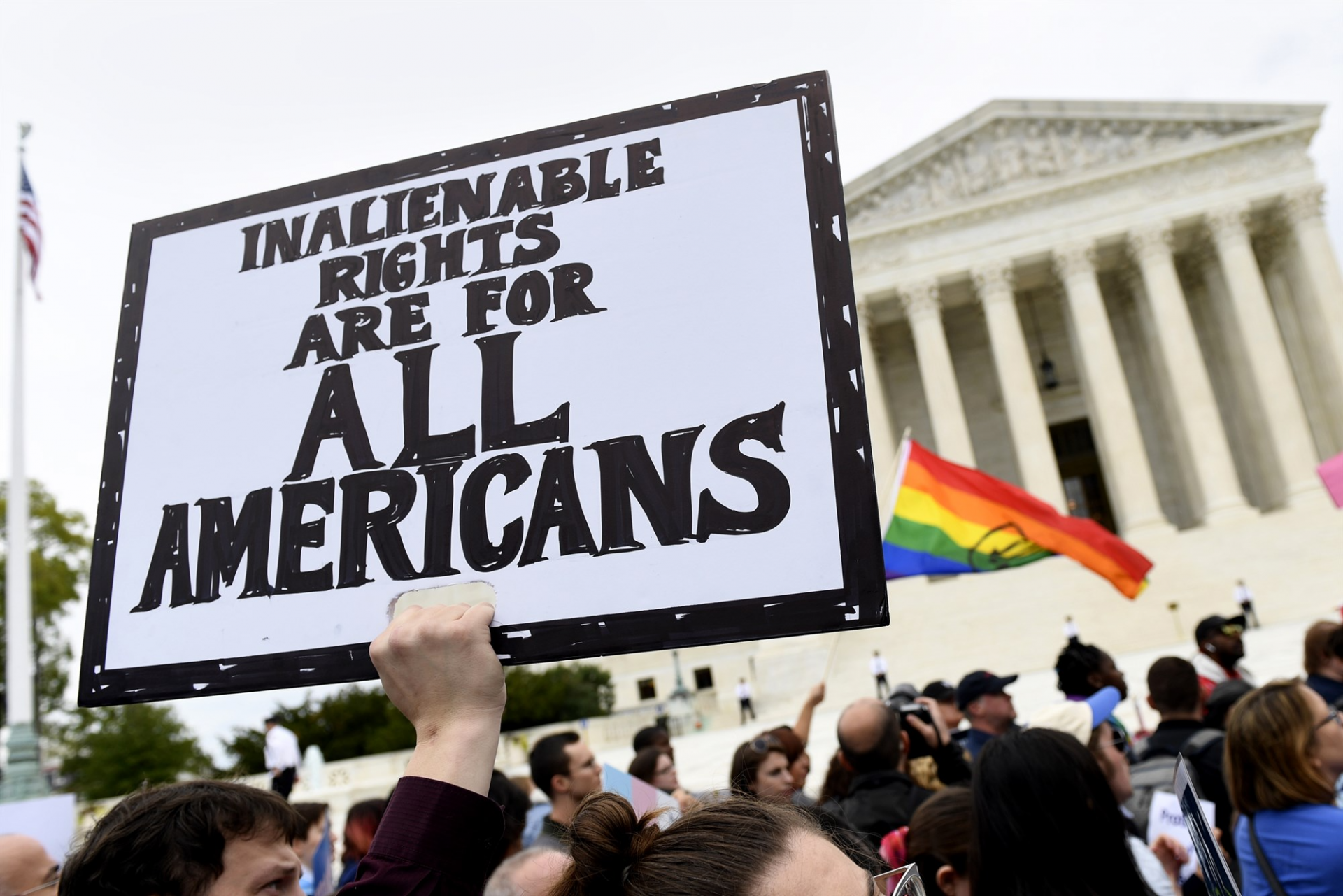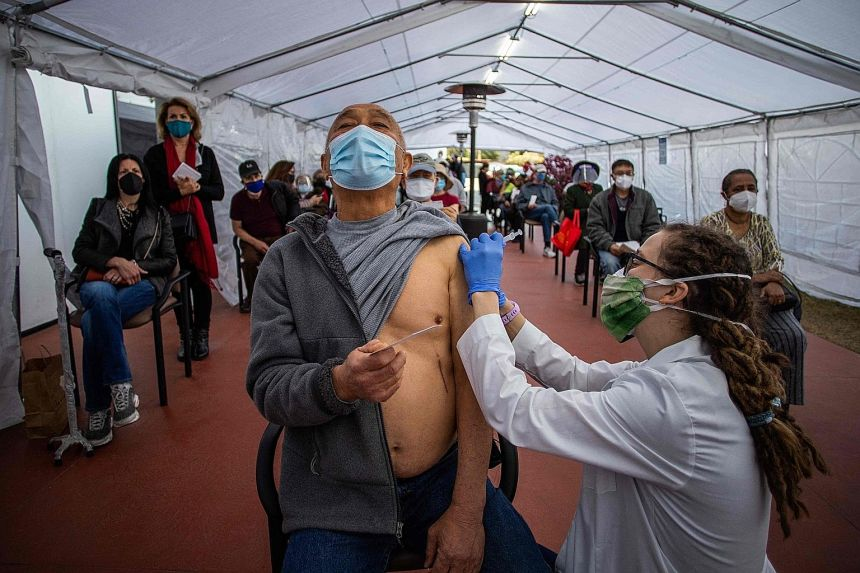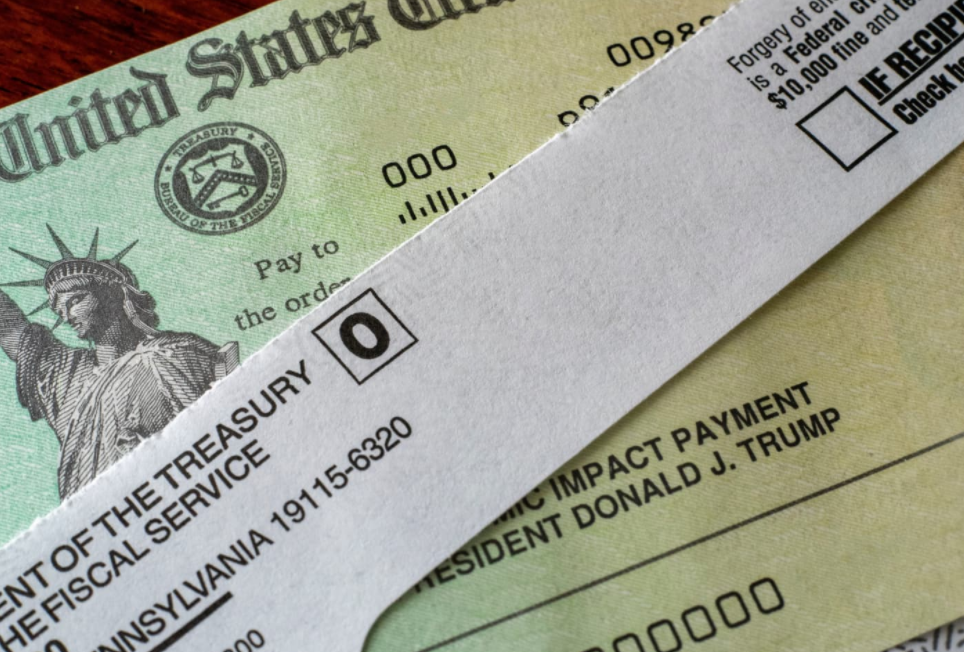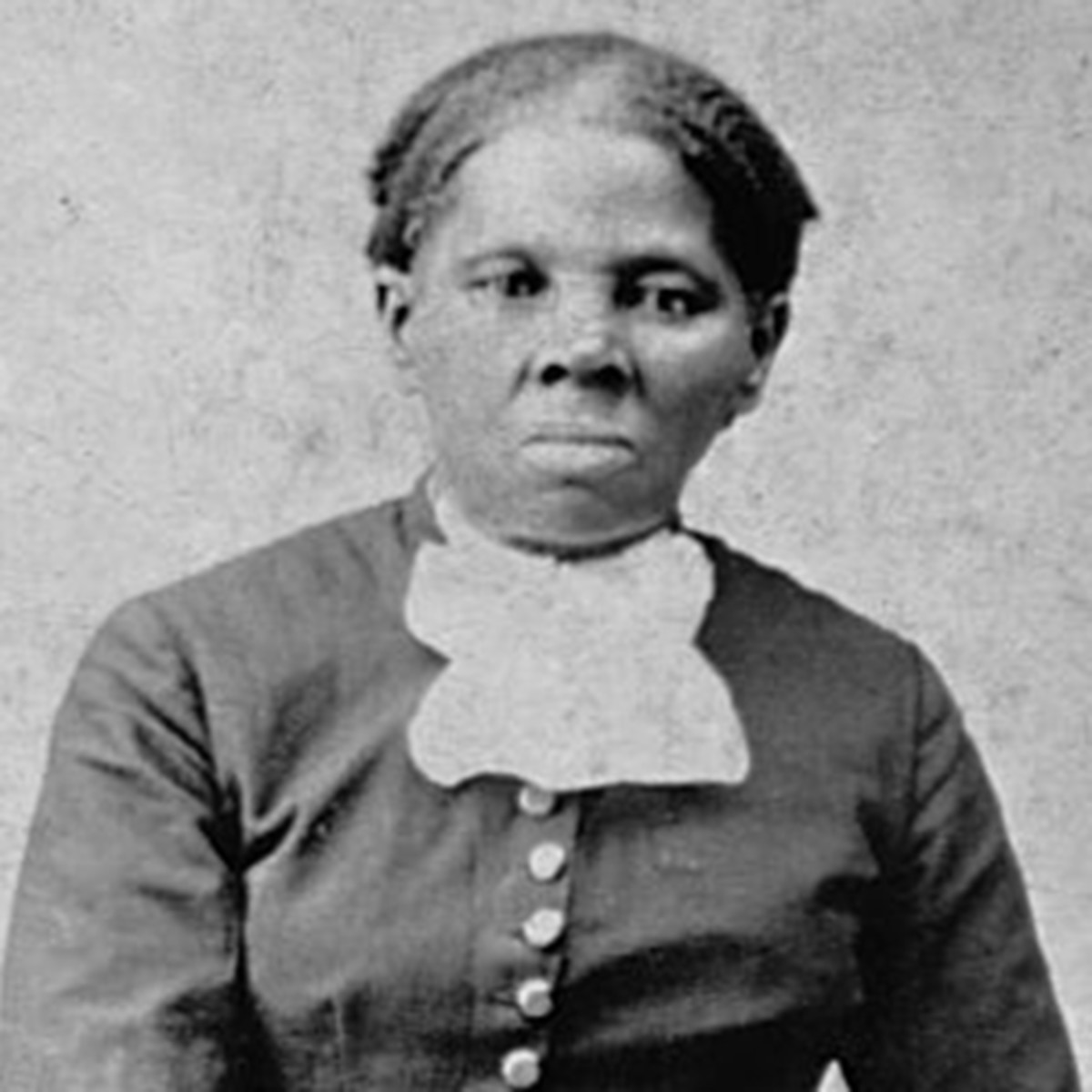What is Quality Act - LGBT Right Bills: Aiming, Opponent’s views, Voting
 |
| Protesters gathered at the Supreme Court as arguments were heard in a case affecting LGBTQ rights on Oct. 8, 2019.Susan Walsh / AP file. |
What is Quality Act?
The Equality Act would provide consistent and explicit non-discrimination protections for LGBTQ people across key areas of life, including employment, housing, credit, education, public spaces and services, federally funded programs, and jury service.
The Equality Act would amend existing civil rights law—including the Civil Rights Act of 1964, the Fair Housing Act, the Equal Credit Opportunity Act, the Jury Selection and Services Act, and several laws regarding employment with the federal government—to explicitly include sexual orientation and gender identity as protected characteristics. The legislation also amends the Civil Rights Act of 1964 to prohibit discrimination in public spaces and services and federally funded programs on the basis of sex.
Additionally, the Equality Act would update the public spaces and services covered in current law to include retail stores, services such as banks and legal services, and transportation services. These important updates would strengthen existing protections for everyone.
Decades of civil rights history show that civil rights laws are effective in decreasing discrimination because they provide strong federal remedies targeted to specific vulnerable groups. By explicitly including sexual orientation and gender identity in these fundamental laws, LGBTQ people will finally be afforded the exact same protections as other covered characteristics under federal law.
What would the Equality Act do?
 |
| Illustrative photo. |
This act would explicitly enshrine those nondiscrimination protections into law for sexual orientation and gender identity, rather than those protections being looped in under the umbrella of "sex." However, the Equality Act would also substantially expand those protections.
The Civil Rights Act covered discrimination in certain areas, like employment and housing. The Equality Act would expand that to cover federally funded programs, as well as "public accommodations" — a broad category including retail stores and stadiums, for example.
One upshot of all of this, then, is that the Equality Act would affect businesses like flower shops and bakeries that have been at the center of discrimination court cases in recent years — for example, a baker who doesn't want to provide a cake for a same-sex wedding.
Importantly, the bill also explicitly says that it trumps the Religious Freedom Restoration Act (commonly known by its acronym RFRA). The law, passed in 1993, set a higher bar for the government to defend laws if people argued those laws infringed upon religious freedom.
Under the Equality Act, an entity couldn't use RFRA to challenge the act's provisions, nor could it use RFRA as a defense to a claim made under the act.
Who supports and opposes the act?
The House passed a similar version of the bill in May 2019, but it died in the then-Republican-controlled Senate. Eight Republicans voted for it in 2019, though no Republicans have co-sponsored this year's version of the legislation.
Hoyer told reporters Wednesday that he expected every Democrat to vote for the legislation again and that he hoped a "large number of Republicans" would vote for it.
House Republican leaders are recommending GOP lawmakers vote against the legislation, but they aren't pushing members on the decision, calling it a "vote of conscience," according to a House Republican leadership aide not authorized to speak on the record.
The White House says it supports the bill, and Biden has pledged to sign it into law in his first 100 days in office.
Some conservatives have expressed concerns that the legislation could infringe upon religious liberty or lead to inequality in athletic competitions if transgender women compete against cisgender women.
The conservative Heritage Foundation, which opposes the bill, says it could threaten religious freedoms, give transgender athletes an unfair advantage and harm constitutional freedoms.
What do the oppenents say?
Republicans broadly oppose the legislation, echoing concerns from religious groups and social conservatives who worry the bill would force people to take actions that contradict their religious beliefs. They warn that faith-based adoption agencies seeking to place children with a married mother and father could be forced to close, or that private schools would have to hire staff whose conduct violates tenets of the school's faith.
"The bill may have equality in the title, but it certainly does not serve all Americans," said Rep. Virginia Foxx, R-N.C. "It is a vehicle for serious, harmful consequences."
The question of religious freedom is the main issue animating people against the Equality Act.
Douglas Laycock, a law professor at the University of Virginia, has criticized the Equality Act since its 2019 introduction. He told NPR in an email that the law is "less necessary" now, after the Bostock decision.
Furthermore, while he supports adding sexual orientation and gender identity to federal anti-discrimination statutes, Laycock believes that this bill goes too far in limiting people's ability to defend themselves against discrimination claims.
"It protects the rights of one side, but attempts to destroy the rights of the other side," he said. "We ought to protect the liberty of both sides to live their own lives by their own identities and their own values."
Another key fear among opponents of the Equality Act is that it would threaten businesses or organizations that have religious objections to serving LGBTQ people, forcing them to choose between operating or following their beliefs.
House expected to vote on sweeping LGBTQ rights bill
The Democratic-led House is poised to pass a bill that would enshrine LGBTQ protections in the nation's labor and civil rights laws, a top priority of President Joe Biden, though the legislation faces an uphill battle in the Senate.
“In the absence of federal civil rights protection, there are members of the LGBTQ community who are fair game in the eyes of the law to be targeted, based on sexual orientation,” said House Democratic Conference Chairman Hakeem Jeffries, D-N.Y. "That is not America.”
The Supreme Court provided the LGBTQ community with a resounding victory last year in a 6-3 ruling that said the Civil Rights Act of 1964 applied to LGBTQ workers when it comes to barring discrimination on the basis of sex. Civil rights groups have encouraged Congress to follow up that decision and ensure that anti-bias protections addressing such areas as housing, public accommodations and public services are applied in all 50 states.
Biden made clear his support for the Equality Act in the lead-up to last year's election, saying it would be one of his first priorities.
 Covid-19 vaccines updates: Biden says all Americans would receive Covid-19 vaccines by August Covid-19 vaccines updates: Biden says all Americans would receive Covid-19 vaccines by August Covid-19 vaccines updates: US President Joe Biden said that Covid-19 vaccines would be given to all Americans by August; Singapore receives its first shipment of ... |
 Guantánamo Bay detention camp: History, Costs, Prisoners and Biden's Shutdown Guantánamo Bay detention camp: History, Costs, Prisoners and Biden's Shutdown Guantánamo Bay detention camp, a symbol of torture, rendition and indefinite detention without charge or trial, is expected to close soon by Biden Administration. The ... |
 Reopening Schools in the US: Time & Date, CDC New Guidelines & Biden's Actions Reopening Schools in the US: Time & Date, CDC New Guidelines & Biden's Actions The Biden administration is pushing to reopen schools, which is considered a national emergency, as well as classrooms across the US, are filling up with ... |
 Stimulus checks in the US: How to claim & Who involved? Stimulus checks in the US: How to claim & Who involved? A group of Republican senators is pushing a stimulus plan aimed at reducing the $1.9 trillion in spending President Joe Biden has proposed. This time ... |
 Biden Administration accelerates process of puting Harriet Tubman's image on $20 bills Biden Administration accelerates process of puting Harriet Tubman's image on $20 bills The Biden administration said that it is accelerating the process of putting abolitionist Harriet Tubman’s image on $20 bills after the Trump administration postponed the ... |























